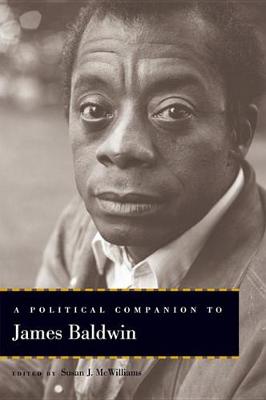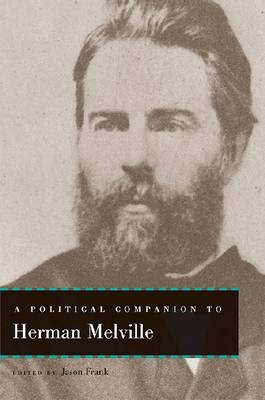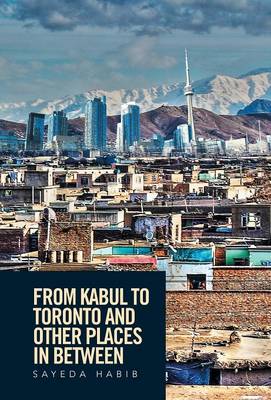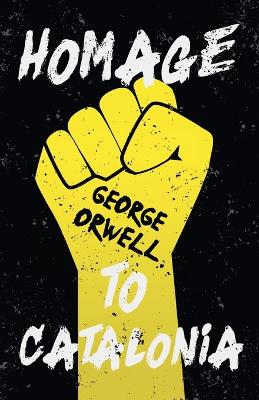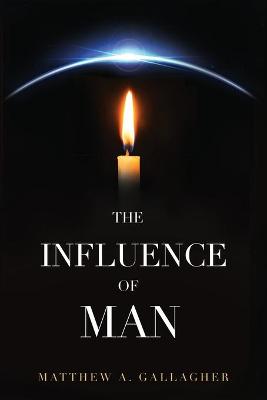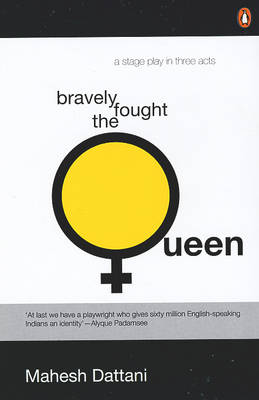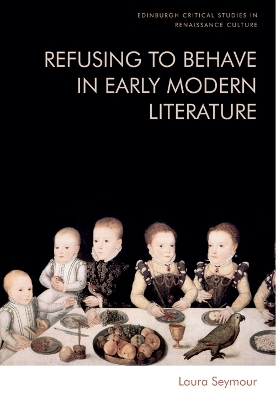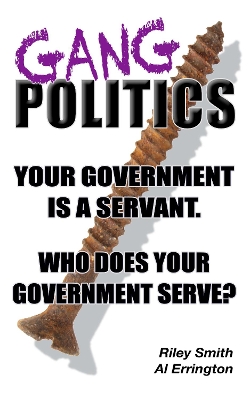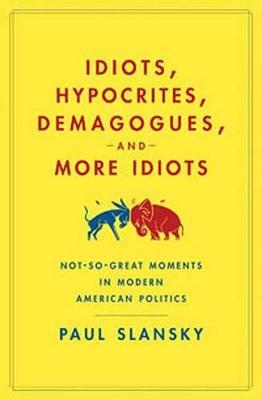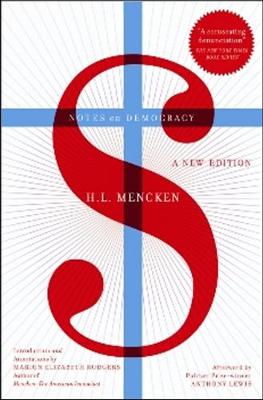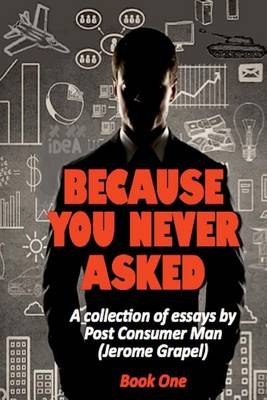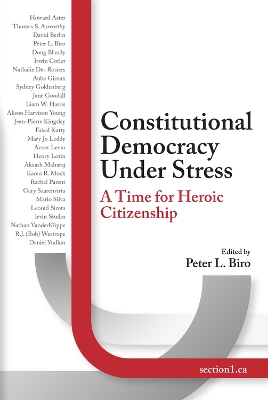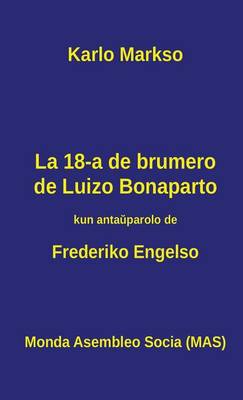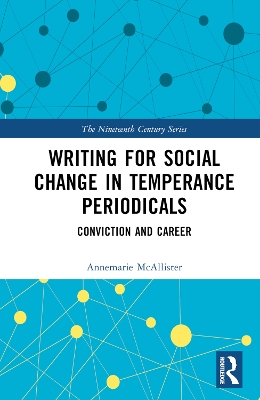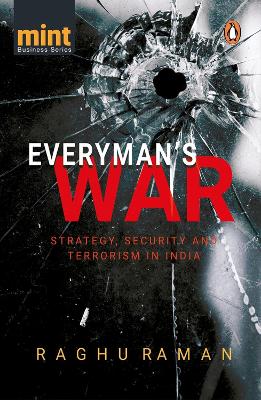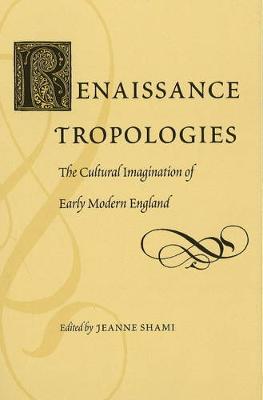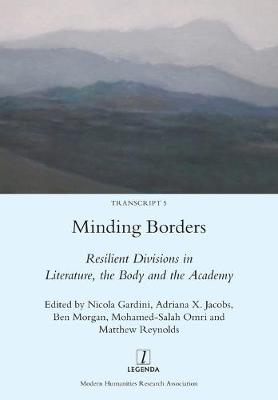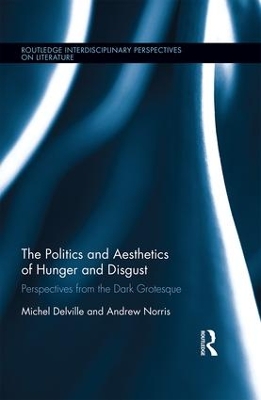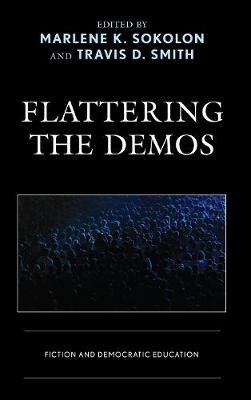A Political Companion to Herman Melville (Political Companions to Great American Authors)
Herman Melville is widely considered to be one of America's greatest authors, and countless literary theorists and critics have studied his life and work. However, political theorists have tended to avoid Melville, turning rather to such contemporaries as Ralph Waldo Emerson and Henry David Thoreau to understand the political thought of the American Renaissance. While Melville was not an activist in the traditional sense and his philosophy is notoriously difficult to categorize, his work is neve...
This selection from the first ten years of the Evergreen Review gives the full flavor of the energy, savvy, excitement, and gall that characterized the magazine during the days of its publication. It also happens to bring together some of the world’s best writers in one volume, in the company of their peers. Evergreen was more than another literary magazine. Founded by Barney Rossett of Grove Press and publishing from 1957 through 1973 (it now exists as an online only magazine), it was the voice...
Refusing to Behave in Early Modern Literature (Edinburgh Critical Studies in Renaissance Culture)
by Laura Seymour
Examines the interrelation of the bodily and the textual in four early modern literary examples of bad behavior Broadens the scope of current understandings of early modern literature by identifying and analysing the significance of genre to representations of resistance to behavioural norms Brings together a variety of texts that are not usually considered side by side (Elizabethan and Jacobean devil plays, non-conformist life writing, picaresque prose), using this carefully-chosen mix of text...
. . . [A] most timely and significant book: The Honourable Irwin Cotler, former Justice Minister and Attorney General of Canada. Calling it a . . .remarkable book, writer and Moral Courage College Founder, Irshad Manji, observes that . . . the contributors not only call for heroic citizenship, they show us how to practice it. Our age marks a departure, by governments throughout the west, from the norms that had come to define advanced, liberal democracies in the post-war period. Alas, western de...
La 18-a de brumero de Luizo Bonaparto (Mas-Libro, #169)
by Karlo Markso and Frederiko Engelso
Writing for Social Change in Temperance Periodicals (The Nineteenth Century)
by Annemarie McAllister
This book suggests alternative ways of looking at what made a writer, what people gained from writing, and explores the alternative world of temperance periodicals of the nineteenth and early twentieth century. It introduces some of the now-forgotten writers who, in their thousands, kept the Victorian periodical presses rolling, and the public entertained. Locating their writing in the context of their personal commitment, the study takes seven prolific writers who were outside what we now think...
Tongue of Water, Teeth of Stones (Irish Literature, History, and Culture)
by Jonathan Hufstader
In a 1984 lecture on poetry and political violence, Seamus Heaney remarked that ""the idea of poetry was itself that higher ideal to which the poets had unconsciously turned in order to survive the demeaning conditions."" Jonathan Hufstader examines the work of Heaney and his contemporaries to discover how poems, combining conscious technique with unconscious impulse, work as aesthetic forms and as strategies for emotional survival.In his powerful study, Hufstader shows how a number of contempor...
Renaissance Tropologies (Medieval & Renaissance Literary Studies)
"Twelve essays by Renaissance scholars extend the theoretical analysis and application of four tropes -- theater, moment, journey, and ambassadorship -- in examining works by Shakespeare, Donne, and others as a way of providing access into the thought and worldview of early modern England"--Provided by publisher.
The Politics and Aesthetics of Hunger and Disgust (Routledge Interdisciplinary Perspectives on Literature)
by Michel Delville and Andrew Norris
This study examines how hunger narratives and performances contribute to a reconsideration of neglected or prohibited domains of thinking which only a full confrontation with the body’s heterogeneity and plasticity can reveal. From literary motif or psychosomatic symptom to revolutionary gesture or existential malady, the double crux of hunger and disgust is a powerful force which can define the experience of embodiment. Kafka’s fable of the "Hunger Artist" offers a matrix for the fast, while it...
This volume brings together reflections on the relationship between politics and storytelling, especially within the democratic context. Examples are drawn from the ancient and modern worlds, from classical Greek tragedy and Shakespeare to television, science fiction, and comic books, in order to examine the relationship between the philosophical and the poetical. As a political phenomenon, storytelling is used to confirm the prejudices and uphold the principles that prevail within the culture t...

